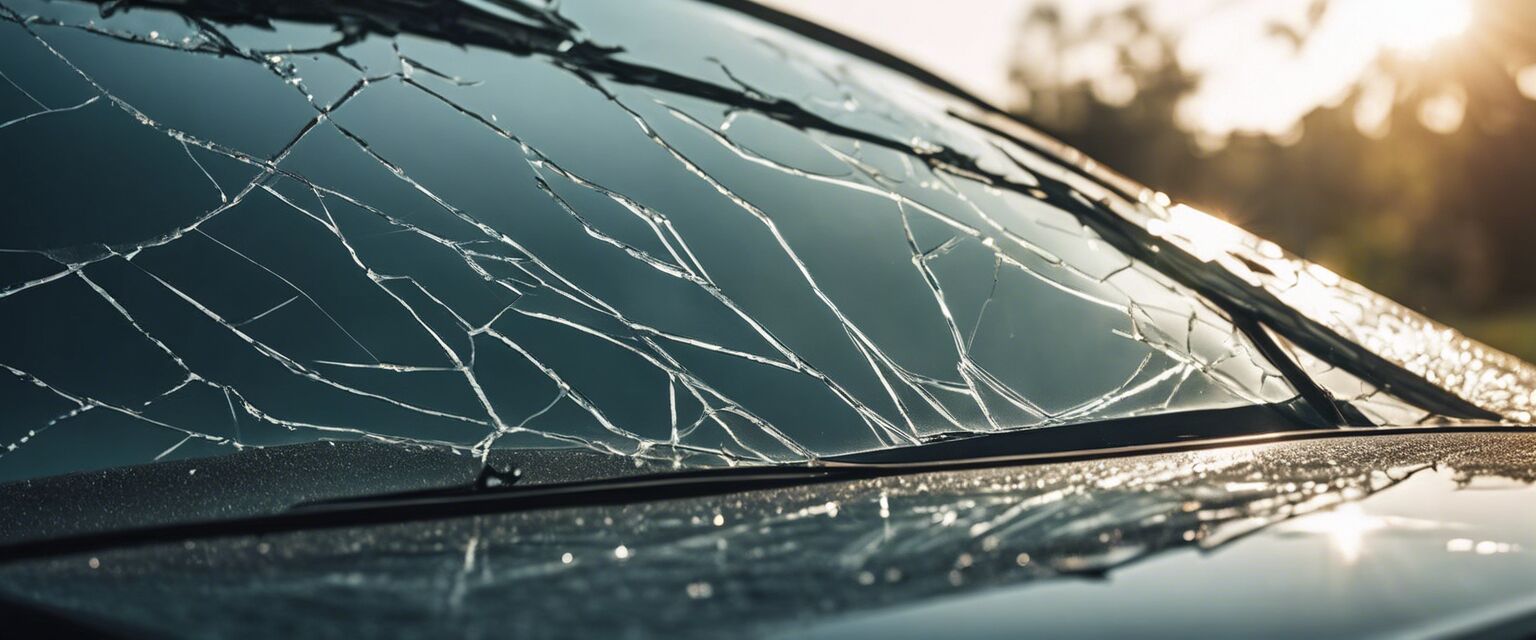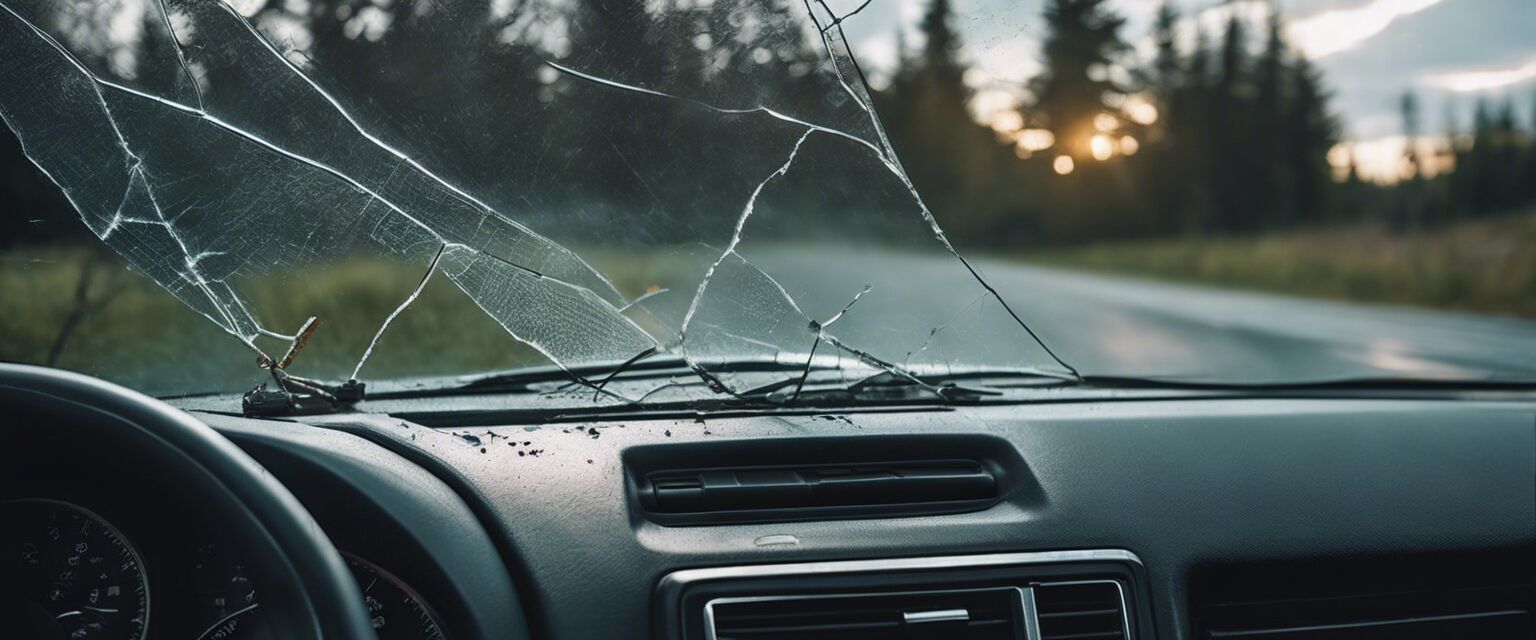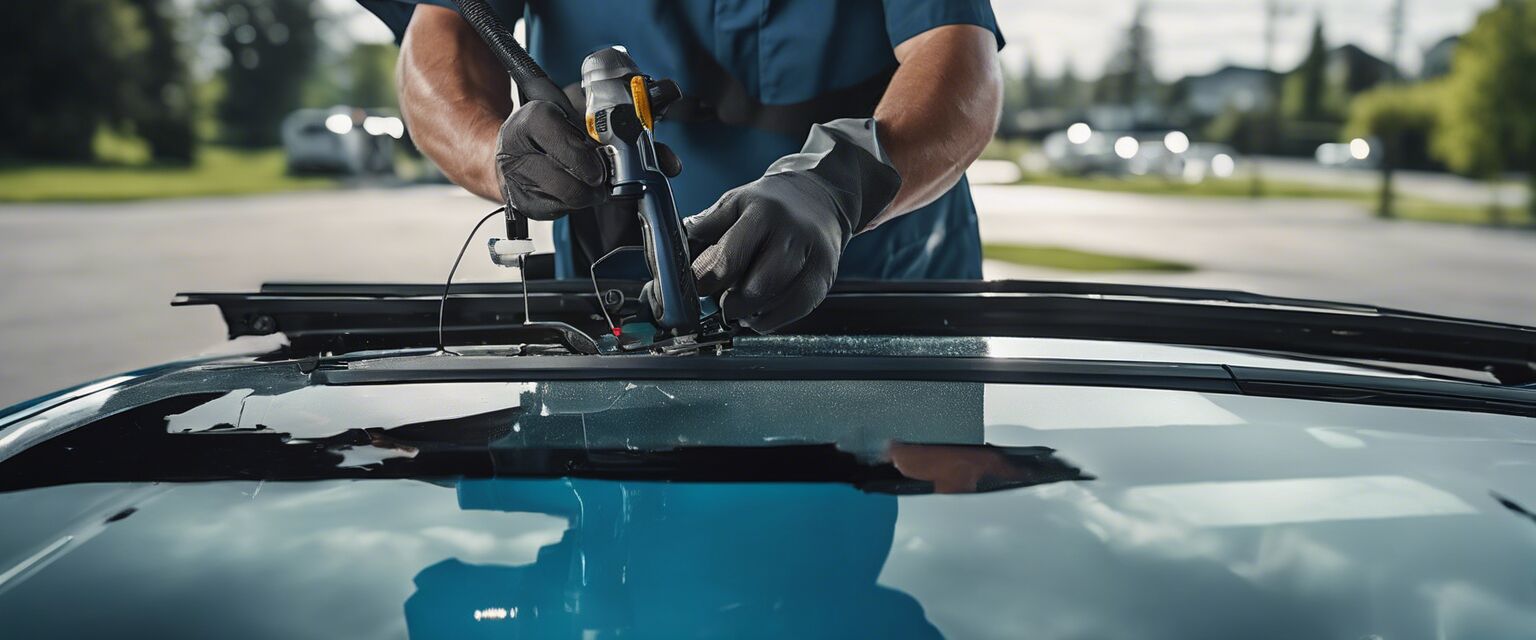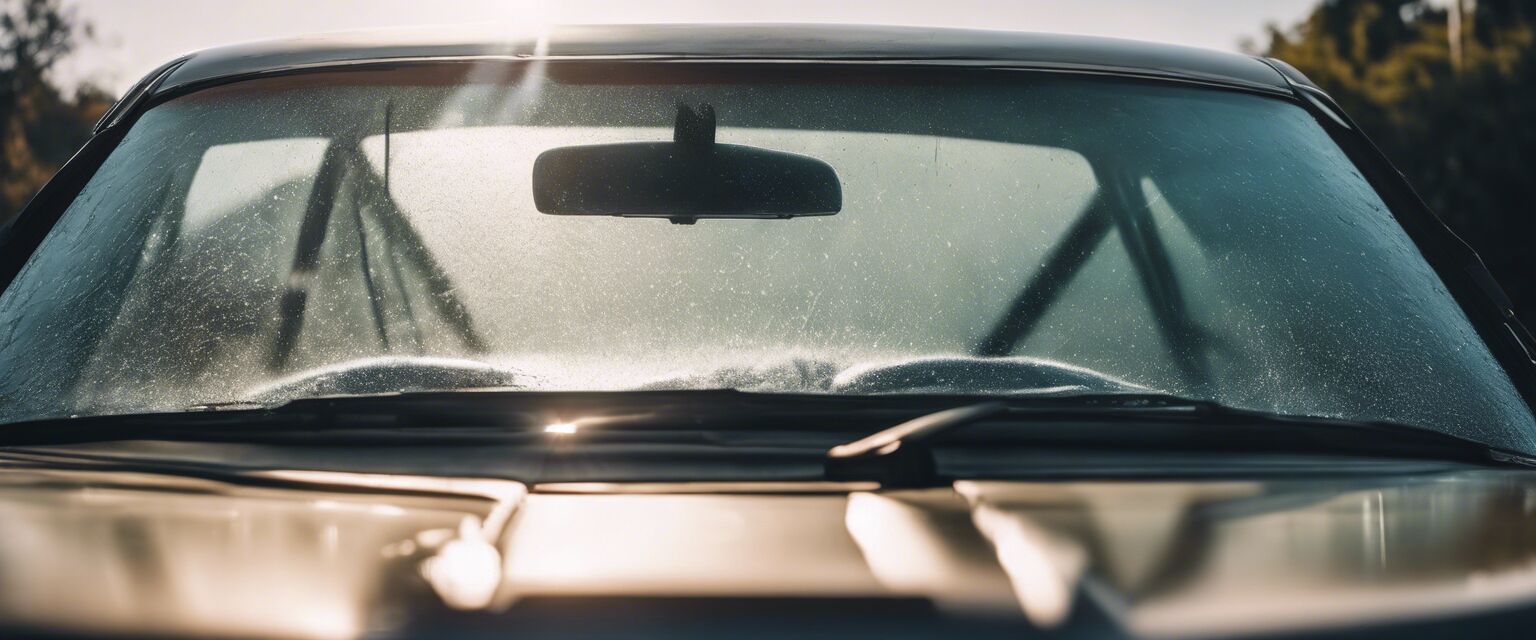
Frequently Asked Questions (FAQs)
Welcome to our Frequently Asked Questions section regarding windshield repair. This article aims to provide clear, concise answers to common inquiries about windshield damage, repair options, and maintenance. Understanding these aspects will help you make informed decisions and ensure your safety on the road.
Key Takeaways
- Windshield repairs are often faster and more cost-effective than replacements.
- Understanding the types of damages can significantly influence your repair options.
- Regular maintenance can extend the life of your windshield.
- Insurance may cover windshield repairs; check your policy!
What are the common types of windshield damage?
| Type of Damage | Description | Repair Possibility |
|---|---|---|
| Rock chip | A small chip caused by a rock or debris hitting the windshield. | Often repairable |
| Star break | A crack that radiates out from a central point, resembling a star. | Often repairable |
| Full crack | A long, single crack that extends from one edge of the windshield to another. | Often replaceable |
| Surface pit | A small indentation on the glass surface, often due to minor debris impacts. | Usually repairable |
How can I tell if my windshield can be repaired?
Determining whether your windshield can be repaired involves checking the size, depth, and location of the damage:
- Damage should be less than the size of a quarter for an effective repair.
- The chips and cracks should not be located in the driver's line of sight.
- If there are more than three cracks, a replacement may be necessary.
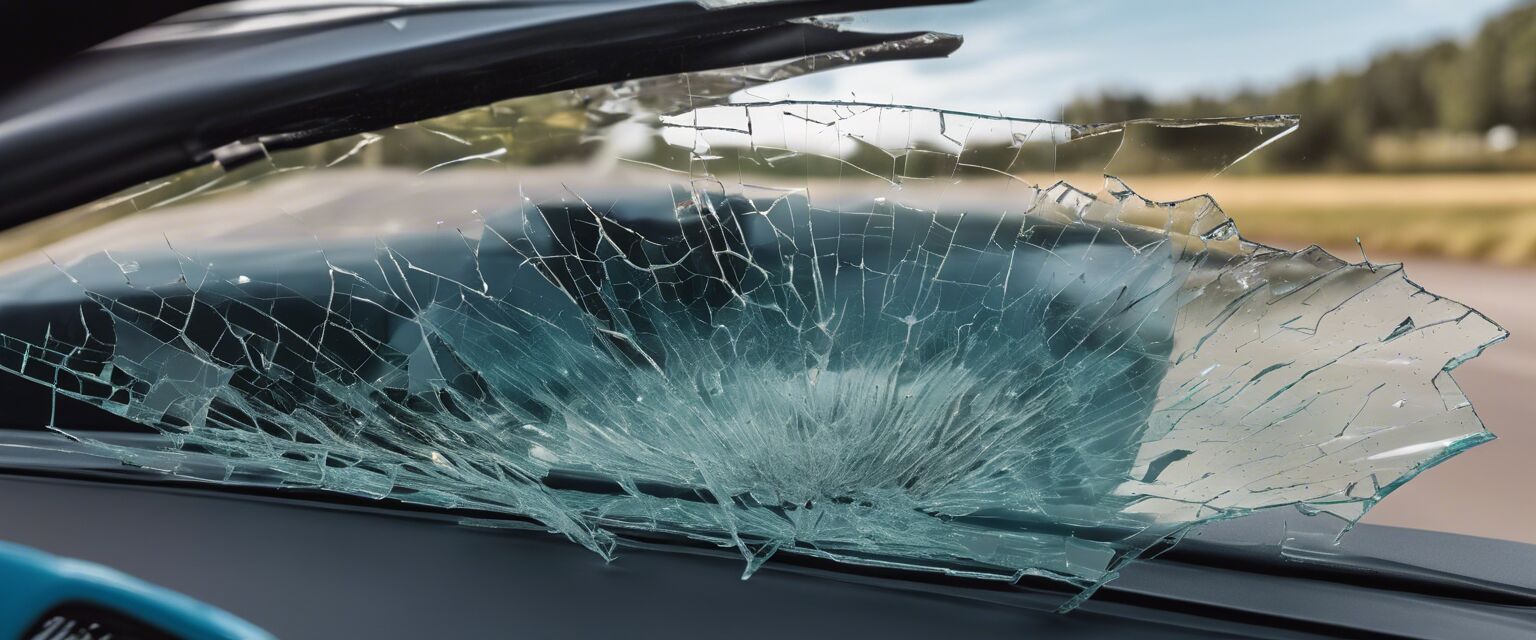
What should I do if I have a chip or crack?
Take the following steps:
- Assess the damage: Ensure it is visible and manageable.
- Contact a professional: Schedule a repair or replacement appointment.
- Document the damage: Take photos for your insurance, if necessary.
Will my insurance cover windshield repair?
Many insurance policies cover windshield repairs, especially if you have comprehensive coverage. Check with your provider for:
- Your specific coverage terms.
- Whether you have a deductible that applies to glass repairs.
- Any preferred service providers.
Tips for maintaining your windshield
- Regularly inspect for chips and cracks.
- Clean the windshield frequently to remove debris.
- Avoid extreme temperature changes; don't put cold water on a hot windshield.
How long does the repair process take?
The duration of a windshield repair typically ranges from 30 minutes to an hour. If you're having a replacement done, it may take a few hours, depending on the technician's workload and the availability of materials.
Where can I find professional repair services?
Visit our Professional Repair Services page for a detailed listing of services and local providers.
What are windshield repair kits?
Windshield repair kits offer a DIY solution for small chips and cracks. These kits typically include:
- Resin for filling the damage.
- Tools for applying the resin.
- Detailed instructions for use.
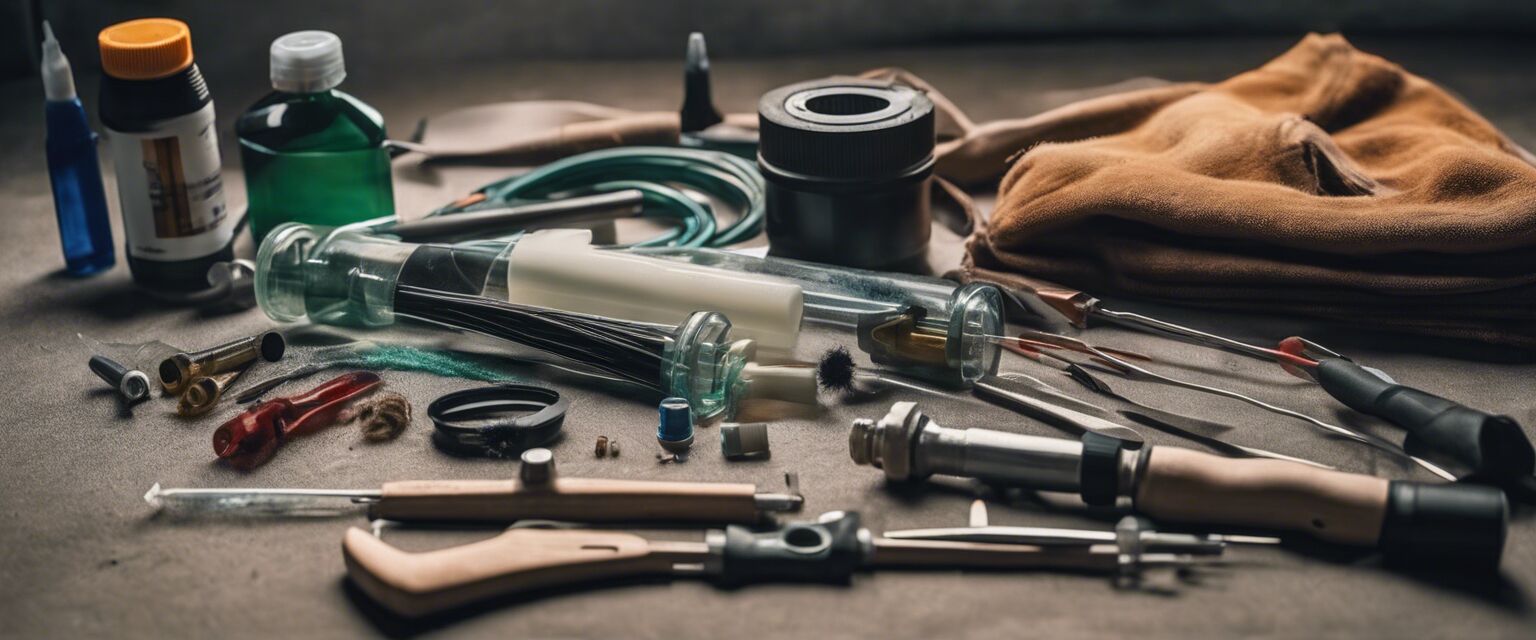
Are professional repairs better than DIY kits?
While DIY repair kits can be effective for minor damage, professional repairs are generally more reliable. Professionals offer:
- Expertise and experience in assessing damage.
- Access to specialized tools and materials.
- Warranty on the repairs performed.
What happens if I ignore a windshield chip or crack?
Ignoring a chip or crack can lead to severe consequences:
- The damage may expand, requiring a full windshield replacement.
- It can compromise the structural integrity of your vehicle.
- Increased risk of accidents due to obstructed vision.
Are there any warranties with windshield repairs?
Many professional repair services offer warranties on their work. Warranties may cover:
- Resin or material used in the repair.
- Workmanship and potential defects.
- Follow-up assessments if needed.
Final thoughts
Understanding the ins and outs of windshield repair is crucial for keeping your vehicle safe. Regular maintenance, timely repairs, and choosing the right professional service can make all the difference in ensuring a clear and secure driving experience.
Pros
- Cost-effective solution compared to full replacements.
- Quick repair process for many types of damage.
- Preserves the integrity of your vehicle's structure.
Cons
- Not all damages are repairable.
- Some repairs may not be aesthetically perfect.
- DIY kits can lead to improper repairs if not used correctly.
